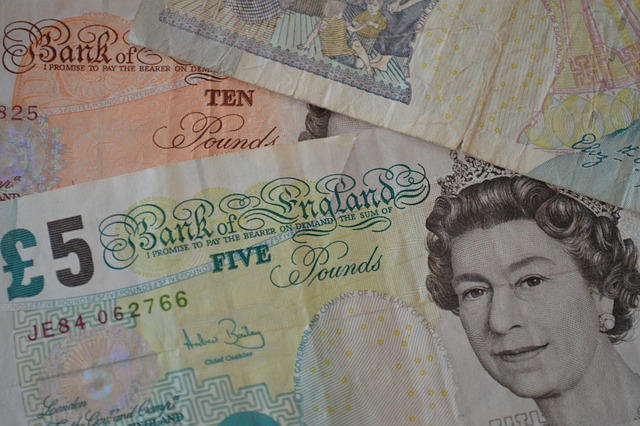Are you tired of those hefty utility bills piling up every month? It’s a common concern for homeowners and businesses alike. Rising energy costs can be a significant financial burden, but the good news is that there are numerous ways to save money on utility bills without sacrificing comfort or productivity. In this comprehensive guide, we’ll explore practical tips and strategies to help you reduce your energy costs and enjoy significant savings. Whether you’re an environmentally-conscious individual or a business owner looking to boost your bottom line, these strategies will benefit you.
1. Understand Your Energy Usage On Your Utility Bill
The first step to saving money on utility bills is to understand where and how you’re using energy. Knowledge is power, and this information is crucial for making informed decisions. Start by reviewing your energy bills and identifying your major energy consumers. Are your heating and cooling systems, lighting, or appliances the culprits behind high bills? Once you have a clear picture, you can take targeted steps to reduce your consumption
2. Invest in Energy-Efficient Appliances
Outdated appliances are often energy hogs. Consider upgrading to energy-efficient appliances with the ENERGY STAR label. These appliances are designed to consume less energy while providing the same performance. Whether it’s a refrigerator, washing machine, or dishwasher, making the switch can lead to substantial long-term savings.
3. Weatherproof Your Home or Business
One of the most cost-effective ways to save on energy bills is by weatherproofing your space. Ensure your home or office is well-insulated to prevent heat or cool air from escaping. Seal gaps and cracks in doors and windows, and consider installing energy-efficient windows to further reduce energy loss.
4. Optimise Your Lighting
Switching to energy-efficient lighting can significantly reduce your electricity consumption. LED and CFL bulbs are not only more energy-efficient but also have a longer lifespan. Additionally, consider using motion sensors or timers to ensure that lights are only on when needed.
5. Implement Programmable Thermostats
Heating and cooling can account for a significant portion of your energy bill. By installing a programmable thermostat, you can regulate your indoor temperature more efficiently. Set your thermostat to lower temperatures during the winter and higher temperatures during the summer when you’re not at home or asleep.
6. Unplug Devices and Chargers
Did you know that even when your electronic devices are turned off, they can still draw power when plugged in? This is known as “phantom” or “vampire” power usage. Unplug devices and chargers when they are not in use, or use power strips to easily disconnect multiple devices at once.
7. Solar Panels and Renewable Energy
Consider investing in solar panels or other renewable energy sources. While the initial cost might be high, the long-term savings and environmental benefits make them a wise choice. Depending on your location, you may also be eligible for government incentives and rebates.

8. Explore Energy Brokerage Services From The Best Energy Rates
Working with an energy brokerage service like “The Best Energy Rates” can be a game-changer. They can help you find the most competitive energy rates in your area, potentially saving you a substantial amount on your utility bills. Energy brokers have expertise in negotiating deals and can often secure better rates than individuals or businesses can on their own.
9. Be Mindful of Water Usage
Conserving water not only saves on your water bill but also on the energy required to heat water. Fix any leaks promptly, install low-flow fixtures, and consider running appliances like dishwashers and washing machines with full loads to maximise efficiency.
10. Optimise Your Lighting
Switching to energy-efficient lighting can significantly reduce your electricity consumption. LED and CFL bulbs are not only more energy-efficient but also have a longer lifespan. Additionally, consider using motion sensors or timers to ensure that lights are only on when needed.